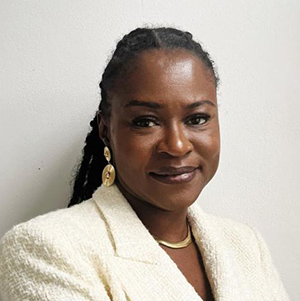Alex Warnock-Smith

Architect & Academic, London, United Kingdom
What inspired you to want a life in Architecture and the creative industries?:
I knew from a young age that I wanted to be an architect. I used to draw and design endless houses and buildings on scrap paper. As I grew older my passion was influenced by a growing awareness of the importance of architecture and the built environment on society and people’s well-being, and a growing awareness of social injustice. Through this, my interest in urbanism, politics and education grew, expanding from designing buildings and spaces to the design of cities, urban spaces and the public realm. Being an architect and an urbanist is challenging and infinitely rewarding.
Who inspired you in finding your path to Architecture/Film and the creative industries?:
Many people inspired me, not least my family and friends when I was a school student. At university, I was surrounded by incredibly inspiring students and tutors, and I continue to be inspired by the students I teach and the colleagues I work with in education and practice. I am also influenced and inspired by people outside of architecture who are pioneering social change through other disciplines, including art practice, journalism, politics, research and activism.
How you unlock obstacles and overcome bias in your work?:
My career in Higher Education and architectural practice has been focussed around widening participation into architecture and the built-environment professions and creating more inclusive and accessible forms of pedagogy and training. Collaborating with initiatives such as Celebrating Architecture and HomeGrown+ has been instrumental in helping widen participation and diversify the architecture and design professions. My practice, Urban Projects Bureau, works with communities and organisations to develop school buildings, social housing and public spaces that aim to be accessible, inclusive and inspiring.
What improvements do you feel are required to promote effective change in the academic and working environment?:
A lot of good work in these areas is driven by passionate individuals and pioneering initiatives. In order for systemic change to take place, large-scale political and economic transformation is required, to re-value the public sector, create a more equitable economy, and support all young people to be able to access Higher Education and training.














